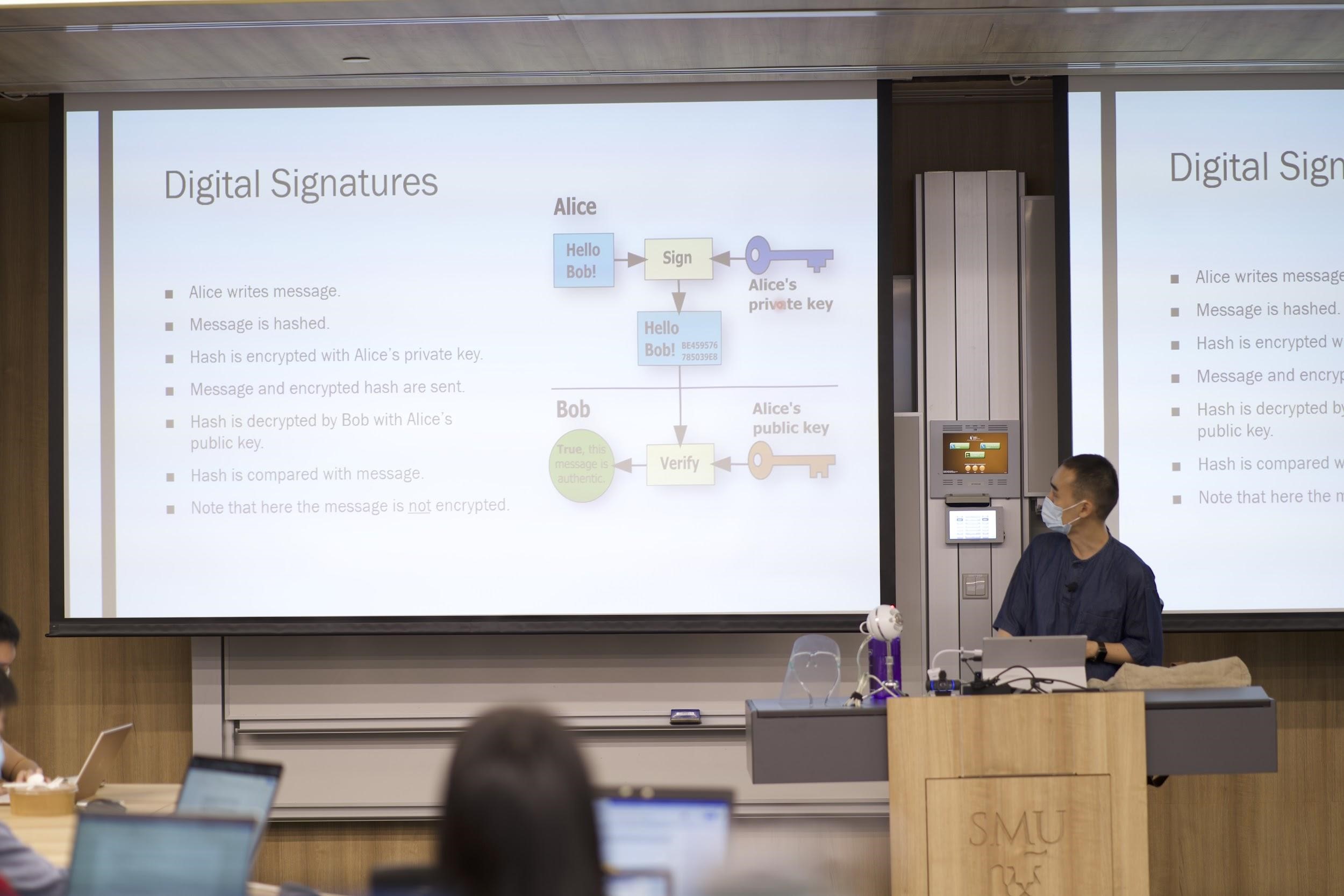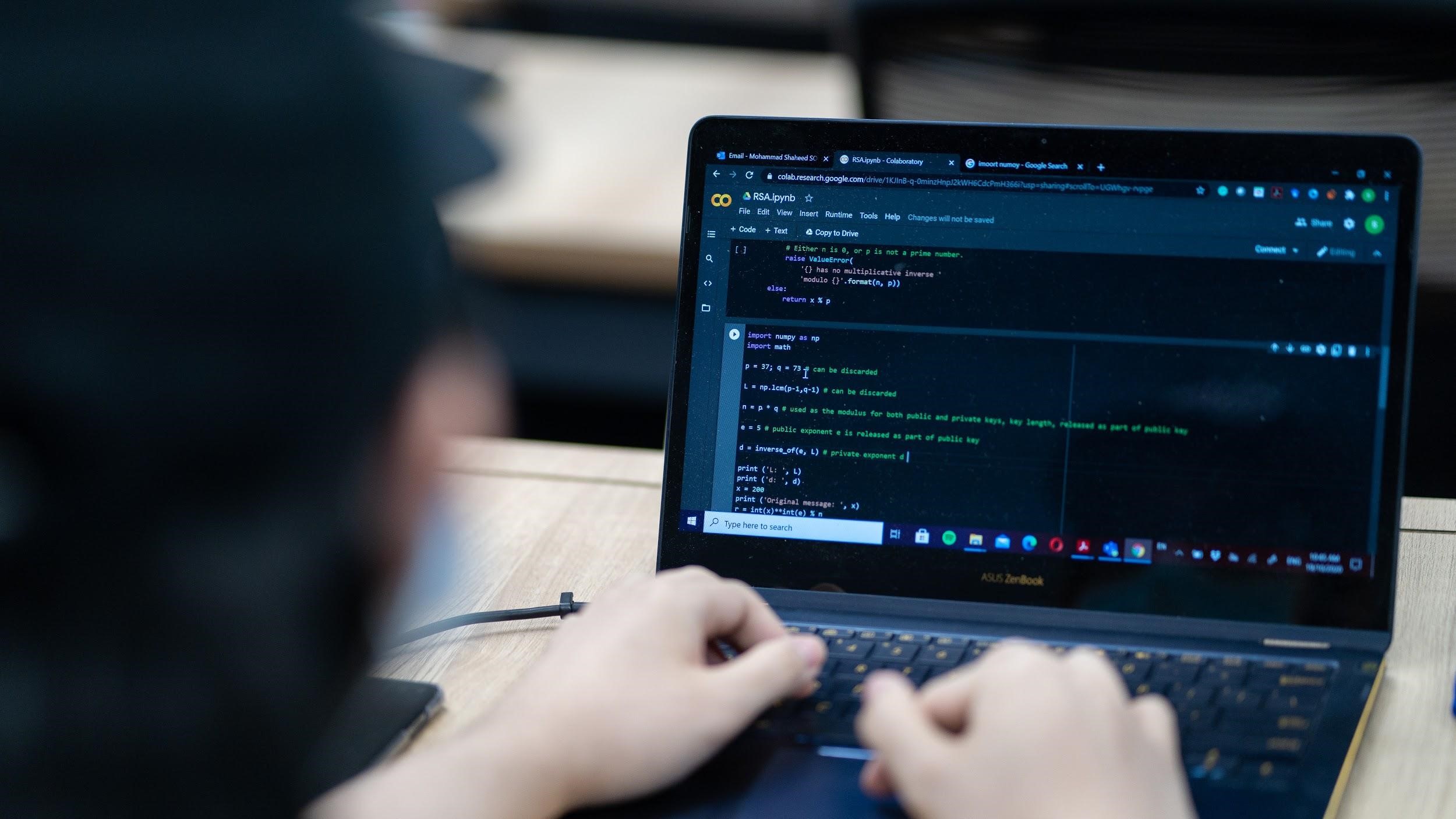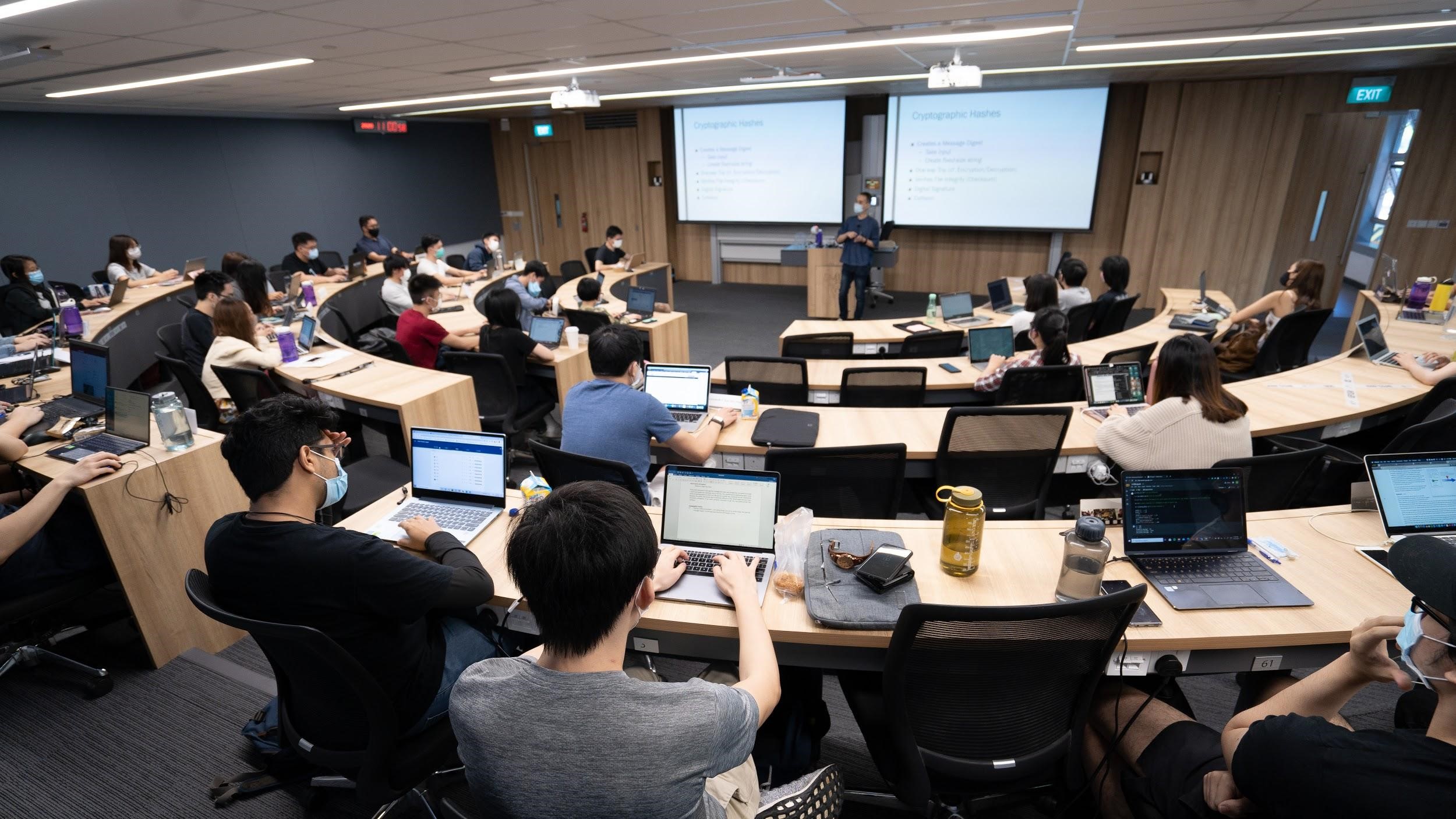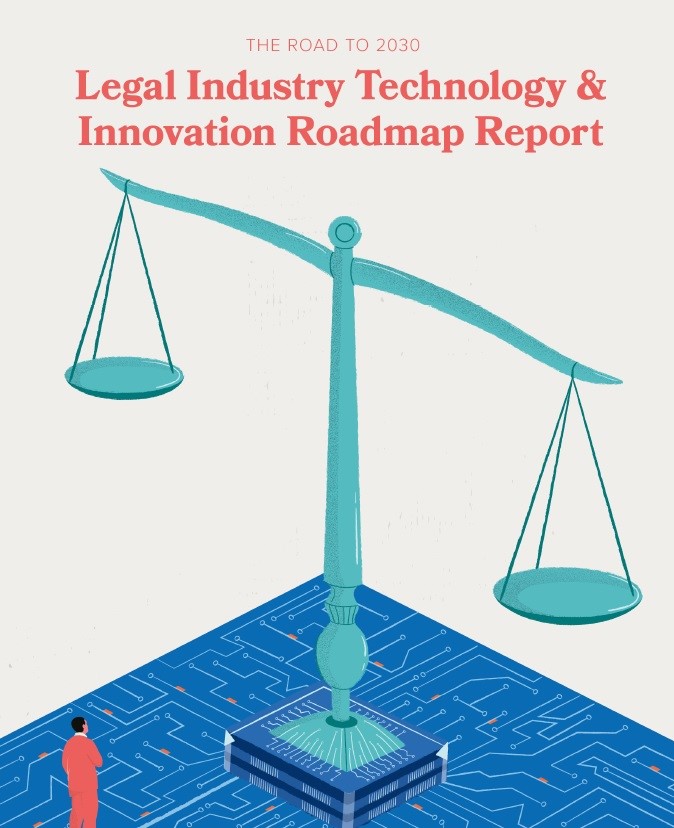The Rise of Legal Technology
The Rise of Legal Technology
Insight MinLaw goes behind the scenes to uncover stories about how the work we do impacts you.
“As technology revolutionises law and the legal system, it will mean that students need to have working knowledge about issues beyond the law – world economies, artificial intelligence, accounting and finance and so on. Our students spend 25% of their curriculum time practically on subjects nothing to do with the law,” says Goh Yihan, Dean of School of Law, Singapore Management University (SMU).
The gradual assimilation of data analytics with the legal industry is perhaps the most significant change that has taken place in the legal sector over the last few years. With the growing realisation of the impact of legal technology – legal research has become smarter and more comprehensive while billions of dollars continue to be invested in legal technology deals globally. In schools, the ways in which law is being taught has also evolved.
The Singapore Management University (SMU) School of Law is one of the key stakeholders that MinLaw works with, to better prepare our law students with industry-relevant capabilities. Insight MinLaw speaks with Professor Goh Yihan, who shares his thoughts on how technology will shape the future of legal practice and legal services, and what this means for legal education.
 Assistant Professor, Lim How Khang, explains digital signatures.
Assistant Professor, Lim How Khang, explains digital signatures.
The SMU School of Law embraces that fundamentally, through aggregation of information, technology will help legal professionals have a better understanding of policy and law.

Yihan explains that the proliferation of technology in the legal sector is not an unanticipated trend, given that the legal system works on the basis of data. Lawyers look at statutes and judgements in search of facts and insights to construct legal arguments in court, making it conducive for the gradual assimilation of technology.
He shares that AI machines work the same way as their human counterparts by trawling through data, consolidating the information and presenting the best solutions based on the information. What is notable is that what humans could take hours and even days to do, AI machines have shown the potential to do the same in a matter of seconds.
 Students from Singapore Management University (SMU) attending a seminar on Digital Innovation for Access to Justice.
Students from Singapore Management University (SMU) attending a seminar on Digital Innovation for Access to Justice.Yihan underscores three areas in the field of law that will change as a result of technology – substance of the law, practice of law and access to law.
On substance of the law, he puts forth that the way laws and legal arguments are made will be fundamentally changed. The digitalisation of case law and statutes enables information to be aggregated and analysed in its entirety. What this means is that a judge may no longer refer to disparate case law to make a judgment. More information and an increased ability to analyse such information would also mean lawyers can now develop arguments based on wider range of relevant information and statistics within the given time frame
The way that lawyers practise law will also be different. It is a possibility that in the future, machines will decide not just on case laws but also on legal policy. We may also see a change in how we assess success. In the past, lawyers would offer their take on the success rate of a particular case by looking at past cases. Moving forward, lawyers could possibly tell you how successful the case might be judging from statistics, affecting the type of cases that eventually reach the courts.
On access to law, Yihan draws on the fact that chatbots have changed how people access legal information. They are now able to do so quickly and easily but being exposed to a sea of information also means that users which can be corporate businesses, the man in the street or even lawyers themselves must be more discerning to distinguish facts from falsehoods.
 Goh Yihan, Dean of School of Law, Singapore Management University (SMU)
Goh Yihan, Dean of School of Law, Singapore Management University (SMU)
In the face of a changing legal landscape, SMU has rolled out several programmes and initiatives to prepare its students to become lawyers of the future. Yihan expounds on the importance of legal professionals having the right mindset, which he reiterates to be as important as being equipped with advanced legal knowledge and capabilities. Lawyers should look to be less risk averse and critical but instead, embrace technology with a dose of realism – having the right people use the right technology tools at the right time.
The guiding principle of how law is being taught in schools is undergoing a transformation. At SMU, students are trained to have contextualized understanding of basic law subjects in light of technology. They are exposed to real life current day issues like whether cryptocurrency can be classified as property; its implications on property law and trust law as well as whether contract law deals with smart contracts. Students also have the choice to take up electives such as Computational Thinking and Legal Technology, Introductory Statistics, Legal Design, Financial Technology (Fintech) law, Digital Innovation for Access to Justice and more.

SMU also launched a Bachelor of Science (Computing and Law) degree in August this year. Unlike a double degree in Law and Computing, this is a single integrated specialist degree that has subjects curated for the contextualization of law and technology and vice versa. Graduates of the Computing and Law degree, whilst legally trained, are not legally qualified. Yet, even so, Yihan explains that the integrated knowledge of law and technology opens the doors to a wide array of careers, from legal technologists to even engineers and appeals across industries.
The National University of Singapore (NUS) similarly has put in place three relevant minors in Business Analytics, Computer Science, and Information Systems that law students can complete; students may also pursue electives from other faculties.
More will be done to further infuse technology into the law school curriculum to better equip law graduates with relevant digital skills, and seed progressive mindsets that embrace technology.
Both law schools have also strengthened their research capabilities and examined how the use of technology could potentially shape legal education and the industry. SMU established the Centre for AI and Data Governance (CAIDG) and Centre for Computational Law (CCLAW). The former looks at how AI and data governance shapes and informs legislation and policy while the latter studies technology and law with the goal of improving legal and regulatory services and increase access to justice. NUS also set up a Centre for Technology, Robotics, Artificial Intelligence & the Law (TRAIL) to study how the debate on the legal, ethical, policy, philosophical and regulatory issues influence the development of information technology, artificial intelligence, data analytics and robotics.
Technology plays a critical role in efforts to grow the legal industry in Singapore and its importance cannot be overstated. MinLaw has also been advocating the digitialisation agenda since 2017, with the Tech Start for Law and Tech-celerate for Law rolled out in 2017 and 2019 respectively. Tech Start for Law, as its name suggests, encourages the adoption of baseline technology solutions while Tech-celerate for Law was conceived as a step up by adding funding support for the adoption of advanced technology solutions. With a combined funding of more than S$6 million, more than 220 law firms in Singapore have collectively adopted various technology solutions under the programmes.
In October 2020, MinLaw launched the Legal Industry Technology and Innovation Roadmap (TIR), which aims to promote innovation, technology adoption and development in Singapore’s legal industry in the next decade. The TIR builds on existing initiatives that support industry players in their technology adoption and development efforts.
 TIR report published by MinLaw.
TIR report published by MinLaw.
For one, a Legal Industry Digital Plan is being developed to provide law firms with practical assistance to assess their digital readiness and identify digital solutions to adopt at each stage of their digital maturity. Another key initiative under the TIR is a cloud-based platform that MinLaw is working on, that will aggregate the functionalities of various front-end and back-end legal technology solutions for law firms and legal departments.
The rapid advancement of technology can no doubt increase lawyer and law firm productivity, enhance communications and bring about convenience. If utilised efficiently and effectively, technology could and would exponentially enhance the value of the work we do.
Last updated on 28 December 2020
Other stories you may like:
The Future is LegalTech
In Conversation with: Dean Simon Chesterman

